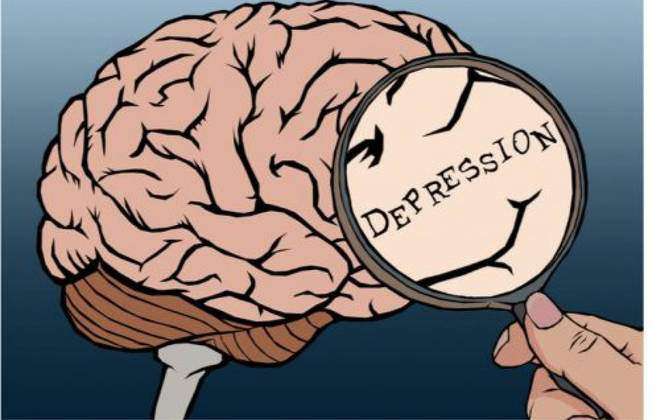Is mental health awareness important? Mental health is a state of well-being. Every individual realizes his or her potential can cope with the everyday stresses of life, can work productively, and is able to make a contribution to their life. Therefore, a wide range of health conditions affects your thinking, emotions, and behavior.
Myths and misconceptions of mental health and mental illnesses
- Can not affect men.
- Children are not affected.
- Mental illnesses are caused by character plans or personality weaknesses.
- You can do nothing for mental illnesses.
Below are factors leading to mental health issues.
Factors leading to mental health issues
Globally, out of every 8 people, 1 suffers from mental illness. In America, in every 5 people, 1 is suffering. 143% of children in the sub-Saharan population were found to be suffering from mental illness after some research was done. Moreover, in Kenya, about 20% of patient visits are due to a diagnosis of health disorders.
Biological risk factors leading to Mental health
These are factors such as ;
a.. Chemical imbalances– Lack of chlorite as observed in Alzheimer’s Norepinephrine Dopamine. GA BA Acts.
b. Brain disorders– These are birth trauma such as hypoxia, infections for instance HIV, encephalitis, and neurodevelopment.
- Pierce Brosnan age, origin, family, career, net worth.
- Kerry Kavanaugh bio-wiki, age, children, husband, net worth.
- James Menendez Bio, Wiki, BBC London, Age, Education, Height, Family, Wife, Children, and Career
- Jeff Eliasoph bio-wiki, age, children, wife, WVTM 13, net worth.
- Vanessa Borge bio-WSVN, age, children, husband, net worth.
- Vanessa Welch bio-age, children, family, net, career.
- Portia Bruner bio-age, children, husband, net worth, illness, career.
c. Genetic– So, these are the hereditary factors. There is a 30-50% risk in identical, and 15% in fraternal twins for schizophrenia.
d. Drug and substance abuse– Alcohol increases the risk of depression. Also, cannabis increases the risk of schizophrenia.
Physical factors leading to Mental health

a. Personality type– So, personality determines how one reacts to life situations. Therefore, some personality types are more prone to depression.
b. Lack of life skills- These are skills such as negotiation skills, problem-solving, and critical thinking skills.
c. prolonged stressful situations – These are situations that come due to medical illnesses, caregiving, and global problem epidemics.
d. Loss and grief– It can be due to the loss of a loved one or a body organ.
e. Relocation- Moving to a different country, climate change, or different culture may affect you.
f. Transition period in school, marriages, parenthood, and retirement.
g. Cognitive distortion– Cognitive errors cover generalization, jumping to conclusions, depressive thinking, and distorted information processing.
h. Inappropriate infant caregiving or parenthood.
i. Traumatic early life.
j. Negative self-concept
Social risk factors
- Poverty.
- Child abuse.
- Family factors such as disturbance within the family functioning.
- Lack of social support.
- Adverse conditions at work.
- Unsafe environment.
- Marginalization.
- Politics.
- Religion.
- Media such as social media bullying, competition, and comparison.
Classification of mental disorders
Mental disorders are classified into different groups namely;
- Anxiety disorders.
- Mood disorders.
- Post-trauma stress disorders.
- Schizoaffective disorders.
- The best private primary schools in Nyeri county.
- A list of special secondary schools, and contacts.
- Bay head elementary school history, enrolment, programs offered.
- What is the history of Kenyatta University?
- List of Accredited Private Universities in Kenya
- Best Public High Schools in Kiambu County.
- List of Best private secondary schools in Nairobi County.